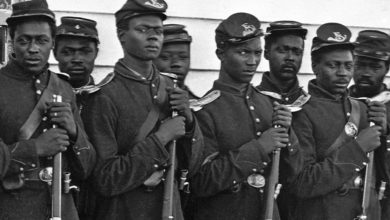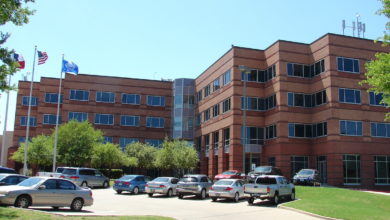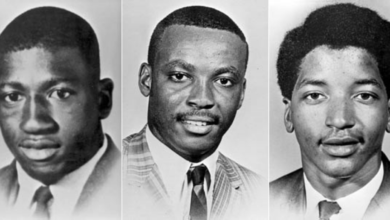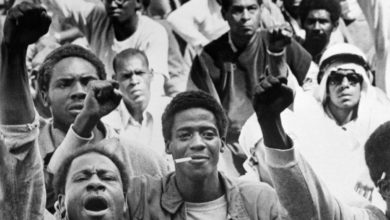On April 2, the U.S. Supreme Court ruled that anyone who is arrested for any offense may be strip-searched before being thrown in jail. The country’s highest judicial authority and mandated defender of the U.S. Constitution determined that it could not second-guess the decisions of local correctional officials. Certainly not in the case of the plaintiff Albert Florence, who had been arrested for failing to pay a fine that he had in fact paid, and who spent a week in two different jails, strip-searched each time. Not in the case of a nun arrested for trespassing during an anti-war demonstration, nor in the case of people arrested for violating a leash law, driving with a noisy muffler, or riding a bicycle without an audible bell.
Strip searches are a “serious affront to human dignity and to individual privacy” read the dissenting opinion. Unrestricted strip searches are forbidden in a number of states, and are prohibited by international human rights treaties and even the policies of the federal government’s own authorities.
So why did the Court rule as it did? The majority in a 5-4 vote cited safety concerns varying from smuggled contraband to public health. But according to a study cited by the dissent, strip-searches are not proven to find anything established procedures do not already detect.
The truth behind the ruling has more to do with the underlying intent of the strip search, the effect the practice has on the arrestee, prisoners and workers across the United States, given that anyone may be subject to arrest at any time. Plaintiff Florence described the strip search: “It was humiliating. It made me feel less than a man.”
Debasing and dehumanizing workers is an effective way to marginalize, disgrace and divide. The U.S. is the world’s largest jailer, with 2 million people behind bars fueling a massive prison-industrial complex that generates billions of dollars in profits for corporations that run and invest in private prisons. It is vital to the continuation of this state of affairs to keep the masses who are held in jails and prisons humiliated and demoralized in their virtual slavery, and to keep workers who are not yet cast into this world terrified that the ruling class and their law enforcement thugs will strip them of their humanity.
It is a good trade-off for the ruling class to keep workers terrified of being arrested. The ruling class wins the submission of workers at large and loses nothing: They have other ways to fill their jails and prisons. These ways not only feed the prison industrial complex, but reinforce the racism that so effectively keeps us divided under the thumb of our oppressors. Just ask workers in New York City, where police officers stopped and frisked 700,000 last year, 85 percent of whom were Black or Latino. A Black male born in 2001 has a one-in-three chance of going to prison, while his white counterpart has a one-in-17 chance.
And the dehumanization once arrested is a brutal reminder of who holds the power: the ruling class—the capitalists.
It is only under capitalism that the need to fuel a prison-industrial complex and maintain a submissive working class exists. The contradictions of capitalism create “surplus workers”—workers for whom there are no jobs: because too many goods have been produced to sell at a profit. These workers are not needed for production, and paying them cuts into the bosses’ profits. They are dumped into prisons, becoming virtual slaves with no right to unionize, protest or otherwise fight for their basic basic human right, a source of ultimate profit for the corporations.
Under socialism, a system driven by people’s needs not profit, and devoid of the contradictions of capitalism, “surplus workers” do not exist, every worker has a right to a job. There is no prison-industrial complex that exploits these workers; private corporations cannot profit off their backs. There is no need to legalize police brutality, goons who debase us, divide us, debilitate us and strip us bare. Socialism is not a society that oppresses and incarcerates the majority so that a few can profit, but a society reorganized so that the working class holds the power to address its basic needs, where there is a right to a job, the right to be free from police terror and the right to hold onto human dignity.





